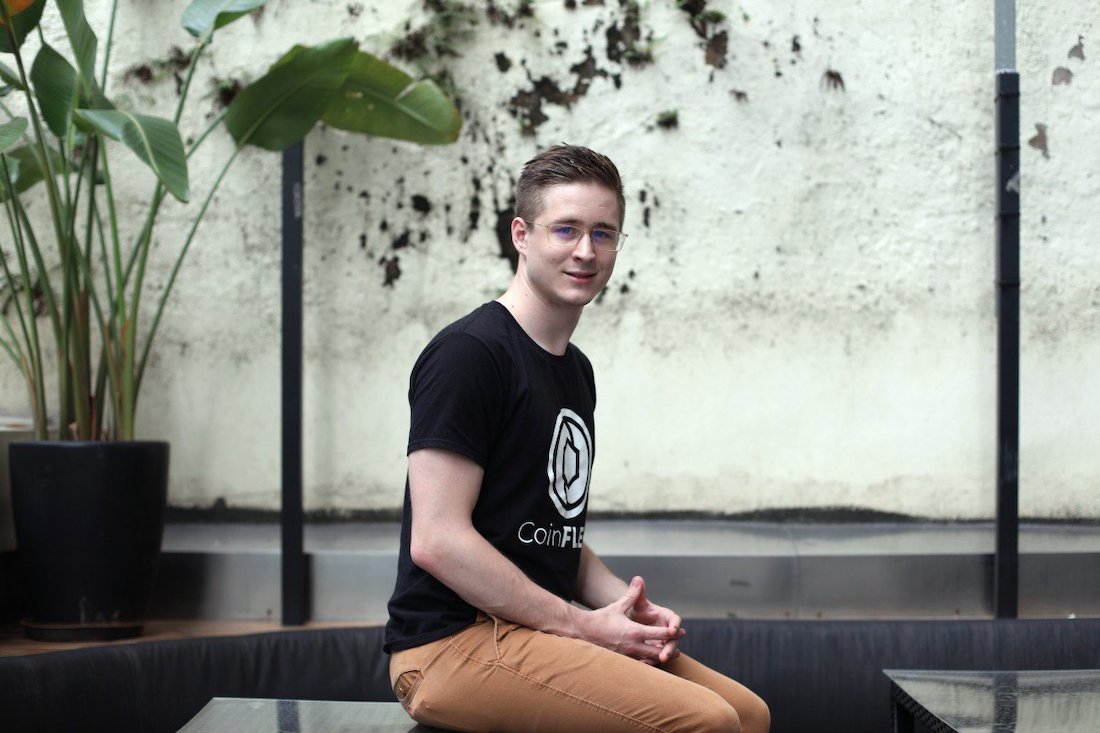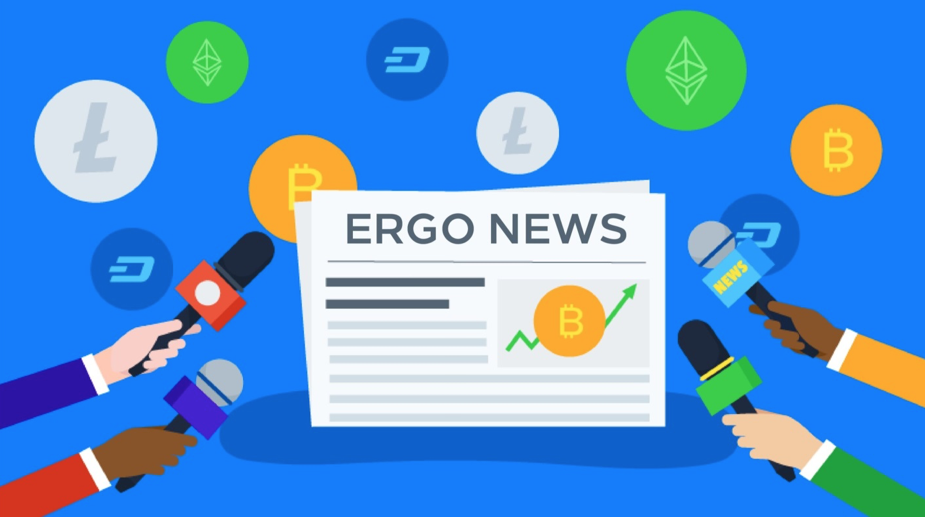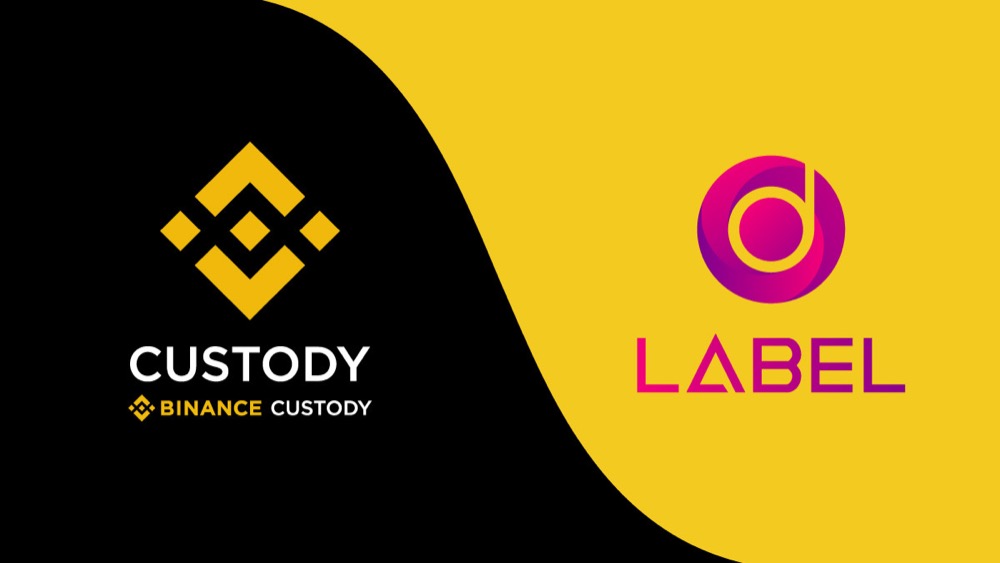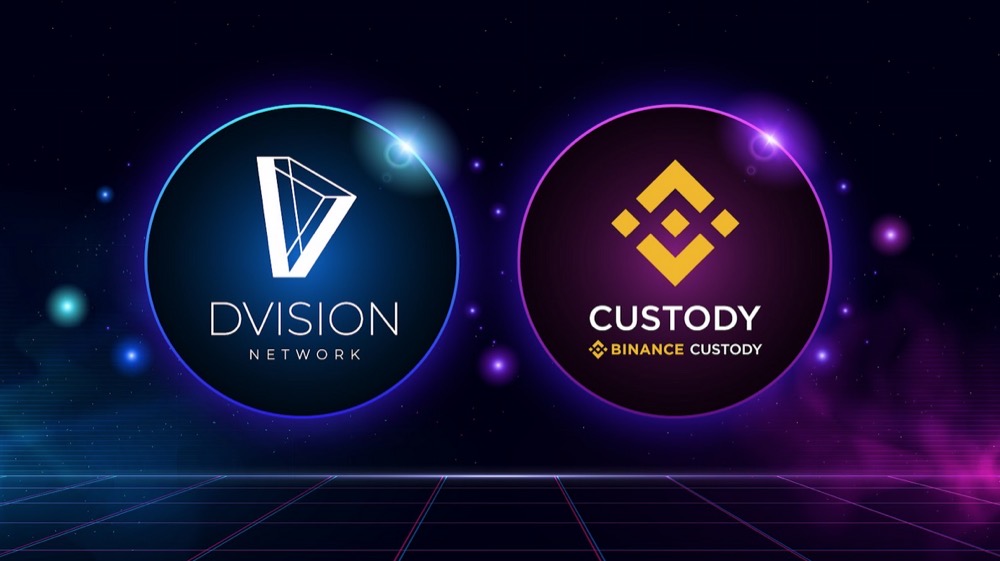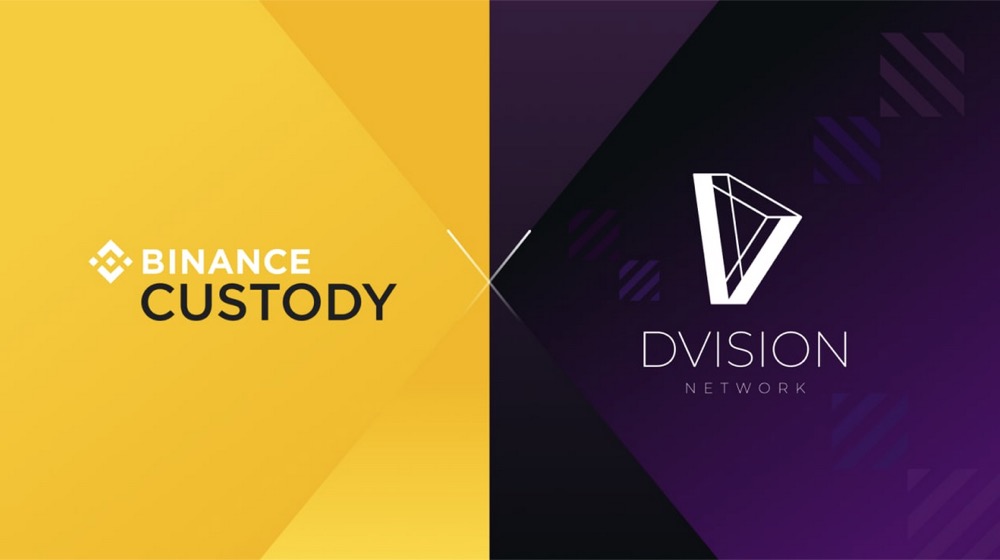As the complexity of current dApps (decentralized applications) on Algorand grows, so must the infrastructure, notably oracles, to enable significantly higher and better feature sets. In the Algorand ecosystem, Algoracle’s opinions on off-chain computing are therefore worth discussing in key detail.
What is it exactly?
Since smart contracts are unable to access external data on their own, all Web 3.0 technology is built on the foundation of the most crucial of blockchain middleware, oracles. The current generation of decentralized oracle networks therefore seeks to connect real-world, off-chain data to blockchains. As the complexity of contemporary dApps grows however, oracles must also mature and expand to accommodate significantly higher and deeper feature sets as aforementioned.
The next major frontier in oracle development is indeed off-chain computing, which essentially allows oracles to handle significantly more advanced programming logic as well as data aggregation requests on behalf of smart contracts in a permissionless way before publishing the data on-chain. As such, streamlining and enhancing the functionality of oracle off-chain computation not only greatly improves smart contract execution, cost efficiency, and scalability, but it additionally provides decentralized applications with an excellent quality of life features that we often take for granted in Web 2.0, which includes things like push notifications and transaction automation, without requiring dApps to rely on multiple services with varying levels of centralization.
Why is any of this important?
It is simple to envision that as teams construct more sophisticated dApps, the kinds of data sourcing, processing, and computing will become increasingly complicated. An application would often need to pull data from numerous sources while applying certain parameters and filtering logic. Aggregating data from several APIs, selected statistical methodologies, and various data types implies that these activities quickly get needlessly complex. As a result, more efficient methods of doing off-chain processing and applying logic to various circumstances and use cases are critical.
Furthermore, most EVM oracles currently offer rudimentary ways for requesting certain APIs, allowing users to choose the URL or JSON from which to send data, although they do not natively support data aggregation logic. Aggregated data streams are frequently built up or enabled on a case-by-case basis, resulting in data centralization and inflexibility regarding logic application.
A considerably superior oracle design, from the perspective of a developer, would thus enable off-chain data aggregation for general computation. Simply put, oracles should function similarly to Layer-2 smart contracts, where any high-level programming language may be utilized to execute trustless reasoning. Builders ought to have access to a uniform interface that is pre-programmed with this specific goal in mind.
So what’s the issue and how can Algorand help?
Sadly, due to outdated code and the necessity to manage backwards compatibility for current clients, the previously mentioned crucial quality-of-life changes and additions are extremely difficult to execute in existing V1.0 oracles. Attempting to roll out improvements that would improve off-chain computing in present state oracles would hence be analogous to adding new components to an already-flying airplane. Due to this, most oracle V2.0 upgrades would often still leave developers maintaining a plethora of interfaces, both for data feeds and Layer-2 operations.
Algoracle is working on creating a unified interface with off-chain processing in mind, made possible by the intelligent implementation of the Algorand consensus. The significance of Algorand’s Pure Proof of Stake (PPoS) consensus is that its advantages can be simply duplicated for oracle data. The PPoS strategy, based on the Byzantine consensus, avoids standard Proof-of-Stake (PoS) security issues by fortifying the network with an emphasis on a transparent majority without bias based on each validator’s entire stake.
In other words, instead of forced token lockups and the risk of big stakeholders exerting monopolistic control over the network in PoS, PPoS will instead introduce an egalitarian method which randomly selects validators from the entire validator body, thereby removing entry barriers along with any minimum stake requirements.
Since its inception, Algorand has been able to achieve incredible performance, scale, and 100% uptime because of this random selection mechanism, also known as the Verifiable Random Function (VRF) cryptographic sortition. Silvio Micali, the creator of Algorand, was a fundamental architect behind the concept of VRFs, which are now one of the most important building elements for cybersecurity and cryptography applications.
The importance of VRFs
Essentially, a VRF is a tamper-proof random number generator. Such a resource is extremely beneficial for smart contracts dealing with lotteries, auctions, assignment or selection of roles, or any other activity that requires trustlessly verified unpredictability.
Algoracle can deliver a superior ‘VRF-as-a-service’ offering while also creatively deploying VRFs at the node network consensus level to reach peak oracle efficiency by piggybacking on Algorand’s PPoS consensus and bottom-up creation of a unified interface.
By integrating VRFs at a lower level, Algoracle is hence able to deliver improved reliability and effectiveness. Algoracle’s implementation of VRF in PPoS consensus, which ensures assured random sampling of validators, permits not just next generation off-chain computing, but also many essential functionalities taken for granted in the Web 2.0 world that currently evade the offers of oracle providers today.
About Algoracle
Algoracle, the first dynamic, decentralized oracle network constructed on the Algorand blockchain, was developed in the autumn of 2021 and won first place in the Encode’s Algorand Hackathon.
The goal of Algoracle is to provide easy and accessible oracle solutions to help dApps built on Algorand access off-chain data safely, precisely, and fast. By providing decentralized participation which is guaranteed for all independent node operators and users wishing to contribute to the network for economic stimulation, Algoracle intends to be the most reliable, secure, and easy up-to-date real-world data source.
Algorcale believes that real-time data is incredibly useful and should be transmitted in a straightforward, accurate, and timely manner. It therefore aspires to be one of the blockchain sector’s major open-source oracle networks in the decentralized data processing ecosystem.
Also, Brave New Coin, Amberdata, Kaiko, and Nomics, are just some of the current partners. Meanwhile, Bankrolled, Glitter Finance, Equito Finance, Upside Finance, Prismatic, Webblen Network, Mercury Labs, AlgoGuard, and others are the major clients. In terms of biggest achievements, the seed round was successfully closed, and a vital partnership with Amberdata was also established. The mainnet launch, as well as the launch of the GORA token, along with providing VRF and computation capabilities are among the main points of focus for the next 12 months.
